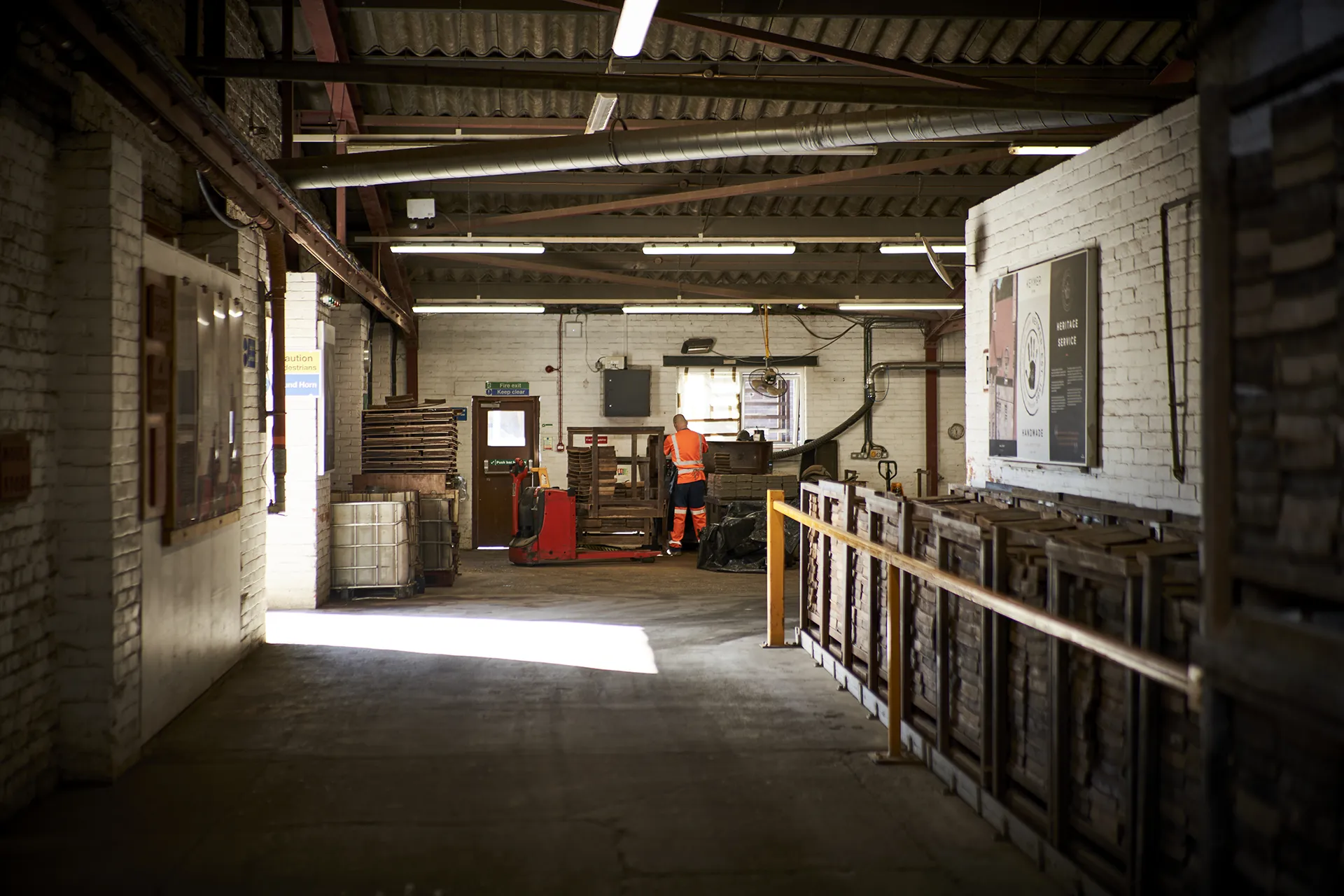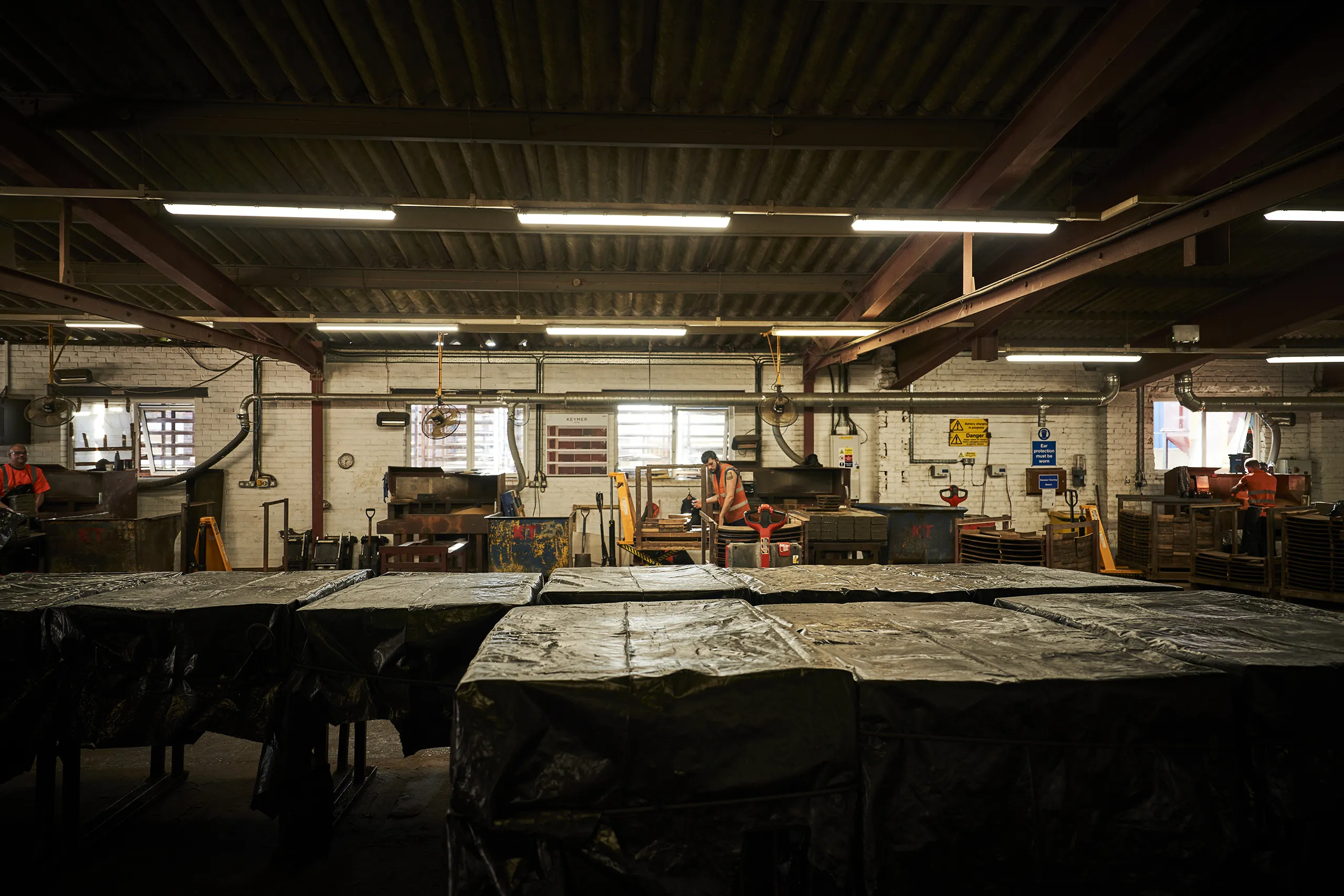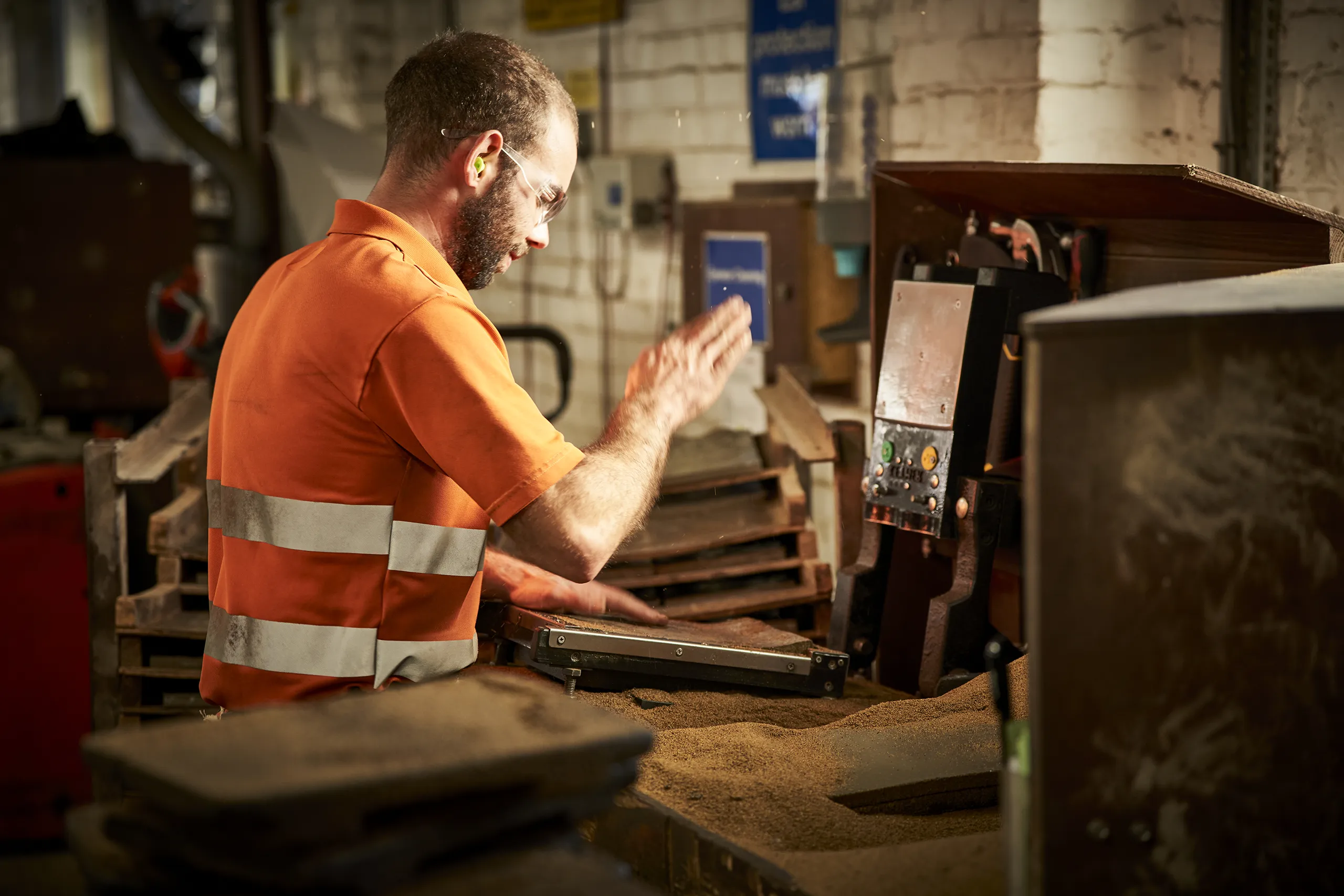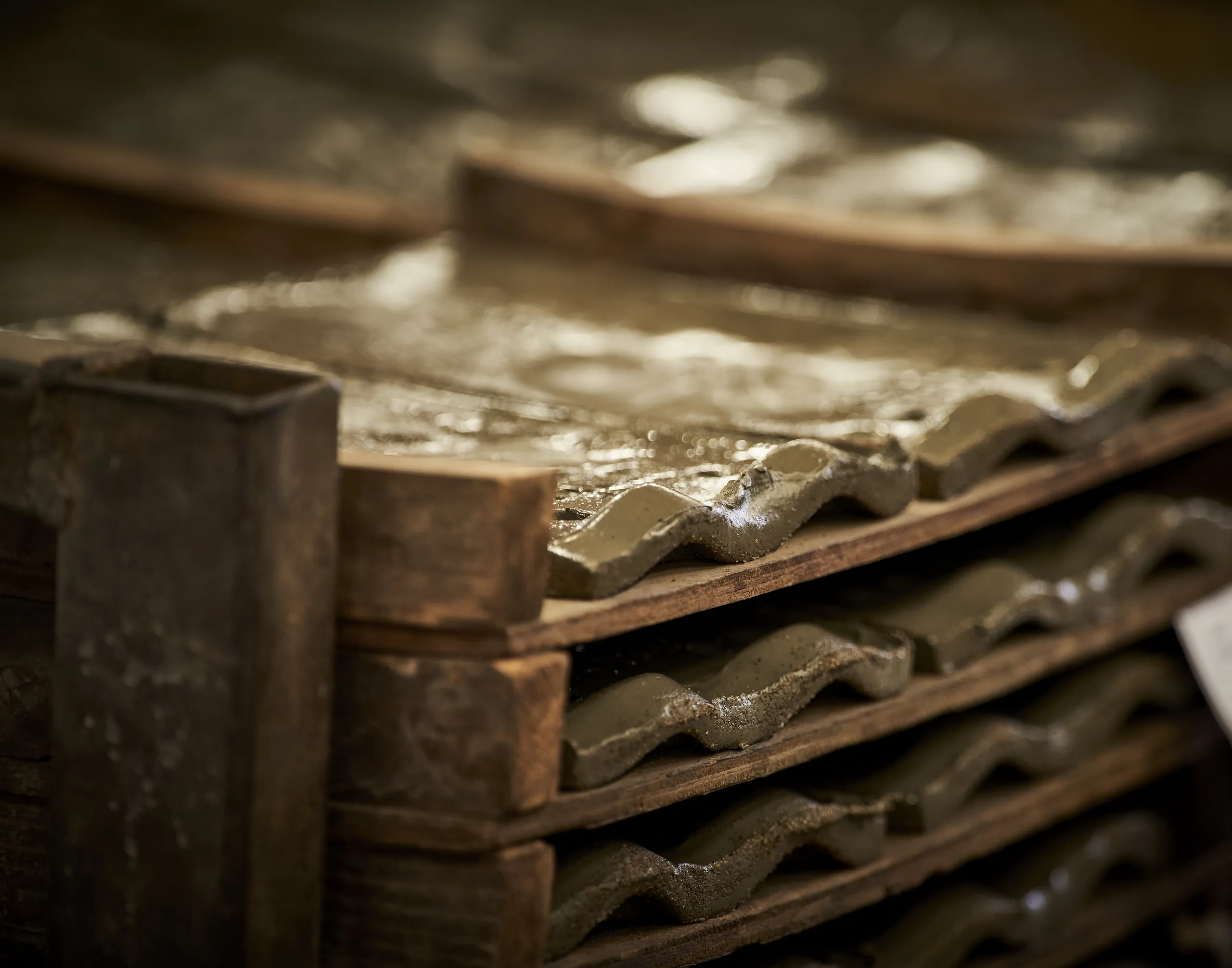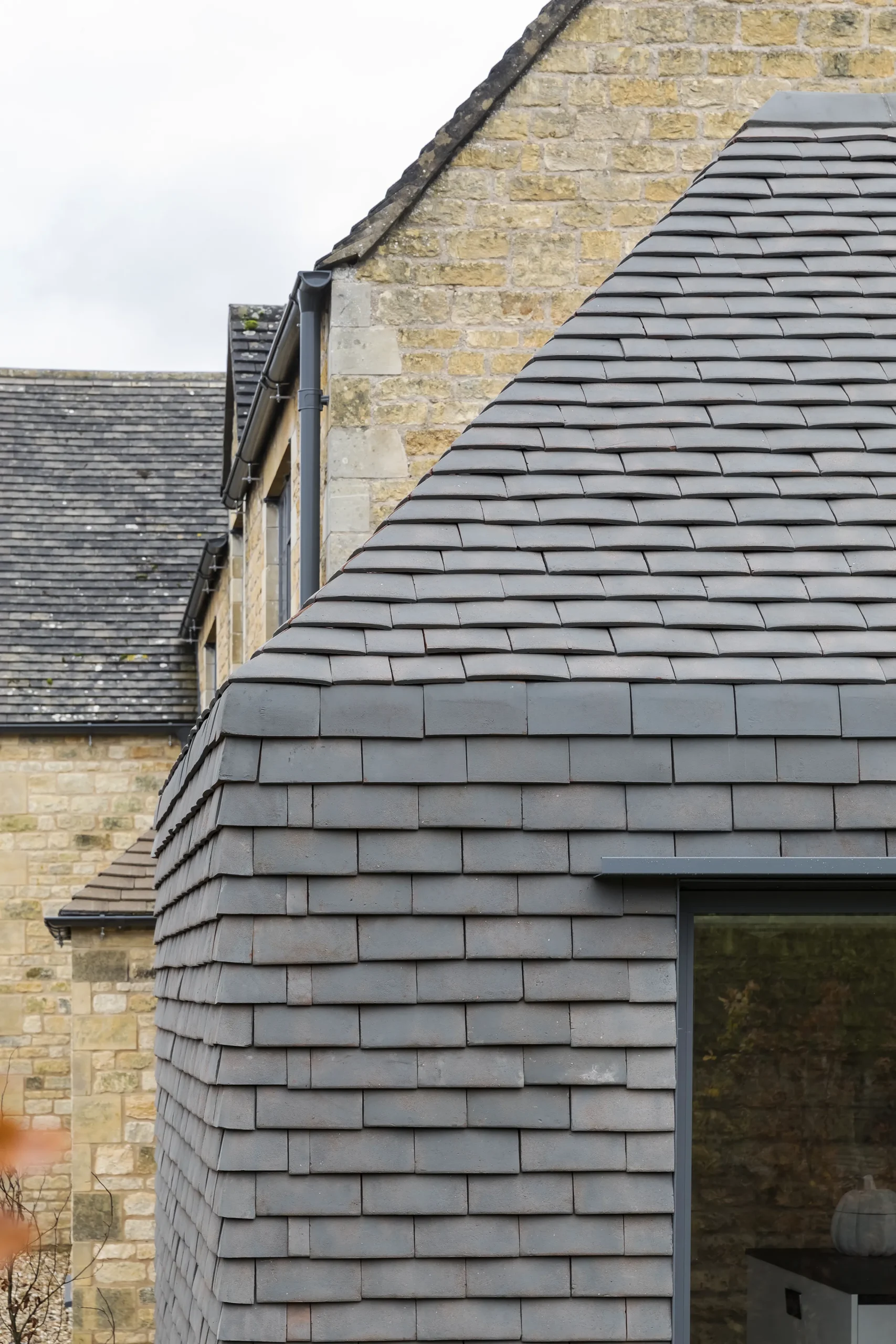Now based in Ewhurst, Surrey and owned by wienerberger, the leading supplier of wall, roof and landscaping solutions, we continue our uncompromised artisan approach to manufacturing, using the same materials and methods as we did all those years ago.
We know the way our roof tiles are made is important to you. We continue to invest in modern progressive techniques, strengthening our commitment to fuel efficiency and a safe working environment whilst passionate about maintaining the professional skills from the past to ensure our roof tiles boast the premium quality and performance they’ve become famous for.
We’re entering a new era for Keymer – building on our great heritage we’re creating a new British history, delivering prestige roof tiles and an unrivalled specification service to both your heritage and contemporary buildings – standing out in marketplace being saturated by cheaper and less authentic imports.
We understand you’re looking to make history with your designs – whether it’s a modern development looking for that prestige feel or a restoration bringing a building back to its former glory, Keymer is your expert partner who can help make that happen.

